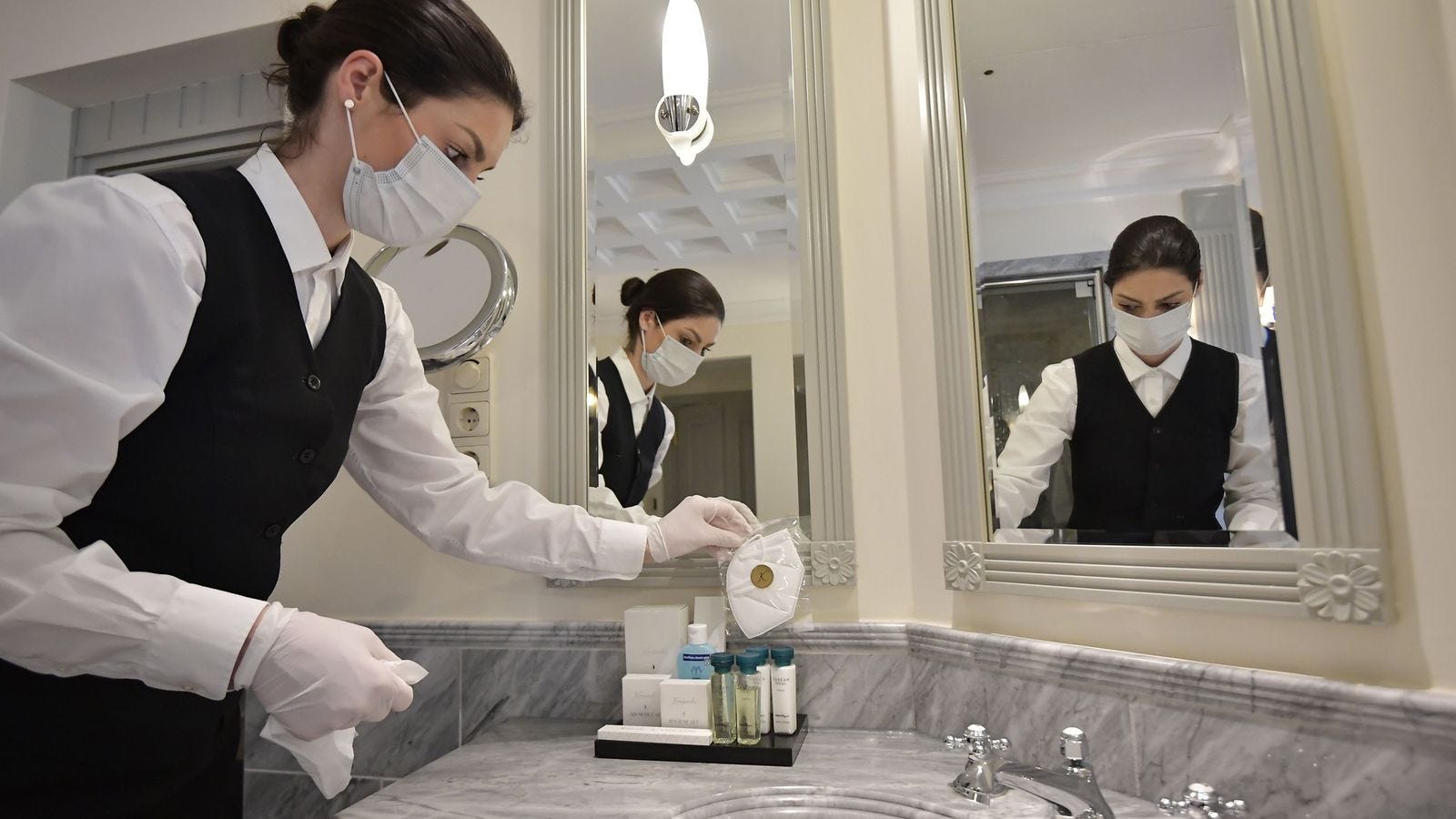
Like a phoenix rising from the ashes of wars that scorched the Earth, we as a people have reinvented ourselves into the global society we know today. Yet, despite our past resilience, through a series of very unfortunate events, we find our resolve tested on a scale unprecedented in modern history. The recent measures taken by national governments limit our freedoms but necessary to prevent further suffering — and while we, in Europe, begin to exit this lockdown period, we are far from out of the woods. So, the question then arises: in a time when ordinarily skies would be littered with aircraft and the ocean filled with ships, will travel ever return to normality?
Hardly surprisingly, we simply won’t know for a while. Thusly, until a vaccine exists, we will have to adapt our lives and by extension, our travel routines, to this brave new world. One thing for certain though is that industries and cities which rely on revenue from tourism are suffering under our hesitance to travel. The UK government has made provisions to encourage people to travel abroad via so-called ‘travel corridors’ in which British nationals will be exempt from quarantine when arriving in foreign countries and vice versa. This is unmistakably in a bid to boost all our economies and it means that whilst there is, of course, a risk of contracting the virus, it is not substantial enough to call everything off. In light of this, I find my own views torn about whether it is truly safe to travel internationally.
Whilst air travel is seemingly the highest-risk mode of transport, the aviation sector is taking bold steps to make safe travel feasible. Although it does seem that it is the larger airlines who are leading the charge as they have the reserves to do so — since the outbreak, 23 airlines have collapsed. Preventative actions taken both before departure and on-board are reassuringly broad and lends credibility to the achievability of safe air travel en masse. Aside from air transportation, the Eurotunnel car train, Le Shuttle, is currently operating and is a low-contact manner of travelling. If this is too pricey, then water crossings by either ferry or ship are being adapted to combat COVID-19 — most providers include access to disinfectant gels, face masks, socially-distant seating and contactless payment as standard.
In some instances, the measures taken abroad are actually more thorough than those in the UK. For example, if you fancy a road trip holiday, you’ll need to stop at service stations. In France, there are many possibilities that are lower risk — like the aires de service which are almost entirely open-air, aside from bathrooms. In contrast to the UK, service stations are almost entirely indoors, which would increase the risk of exposure for yourself or your loved ones. Sharing any enclosure with masses of people can be unpredictable and pose a threat — especially if encountering selfish anti-maskers. All this suggests that providing your trip is well planned, there is little reason to worry about being in a situation which heightens your chance of infection.
After reaching your destination comes the question of accommodation. Unless you have your own place to stay, the concern is that in staying at a hotel, even with room disinfection, it is still a higher risk activity. This rings particularly true if your holiday involves staying for shorter periods of time — for example, a few days rather than weeks-long. Not to mention, of course, places to eat. Although, in most countries, by law, restaurants and bars cannot serve you unless they follow strict requirements. These are important considerations too.

So that’s the theory.
In practical terms, it’s all about minimising danger to the individual. We will not be in a position for a long time to rule out being in an environment totally devoid of risk unless we lock ourselves away. Or, perhaps, we commit ourselves to a lifestyle similar to the monastic order of Benedictines whilst donning hazmat suits. Unless that may appeal to you, one of the things to recognise is that it’s the responsibility of every traveller in every travel situation and in every context to try and make the right decision for themselves and for the lives they live. Sometimes, the balance of risk versus benefit will be weighted heavier on the latter, and it is under those circumstances I would encourage everyone to satisfy their wanderlust.

It is only a matter of time until we collectively reach a state of normality, but by that time, the world may have changed quite radically — especially if we experience further waves of the virus.
So, in my view, your course of action should be to enjoy the summer and grasp the opportunities where they come, providing it is safe to do so, because you never know what’s around the corner.
By James von der Wehl
